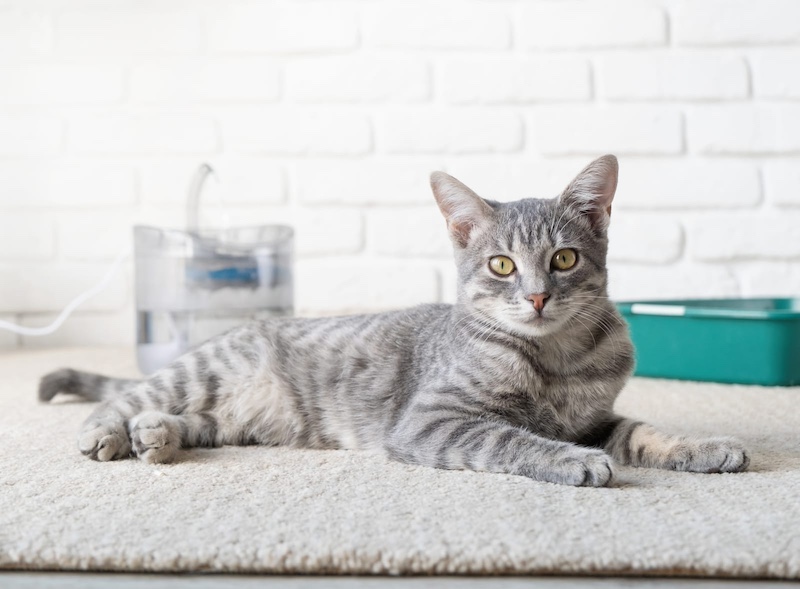Cats have been our mysterious companions for thousands of years, and their enigmatic nature has led to a rich tapestry of superstitions and myths across different cultures. From being revered as divine creatures to being feared as harbingers of bad luck, cats hold a unique place in folklore. Here are ten fascinating cat superstitions from around the world.
1. Black Cats Bring Bad Luck (Western Europe and North America)
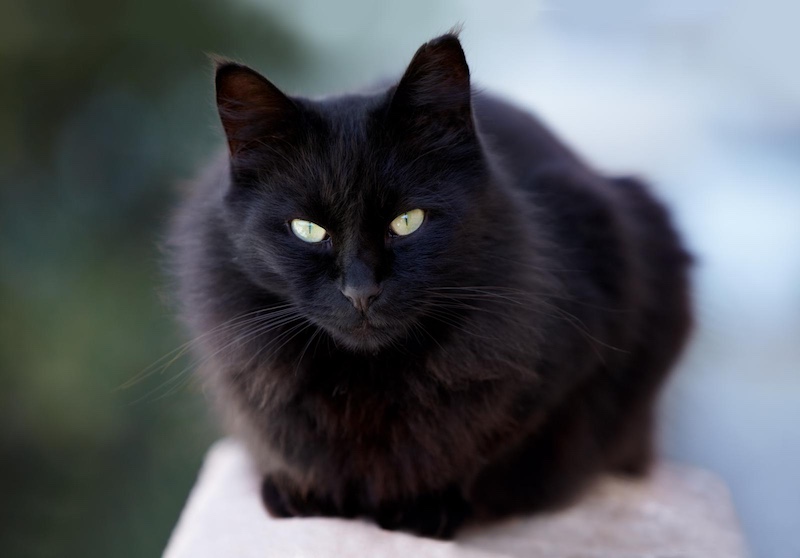
One of the most well-known superstitions is that black cats bring bad luck. This belief is especially prevalent in Western Europe and North America. The origin of this superstition dates back to the Middle Ages when black cats were associated with witchcraft. People believed that witches could transform into black cats, making these felines symbols of evil.
2. Black Cats Bring Good Luck (United Kingdom and Japan)
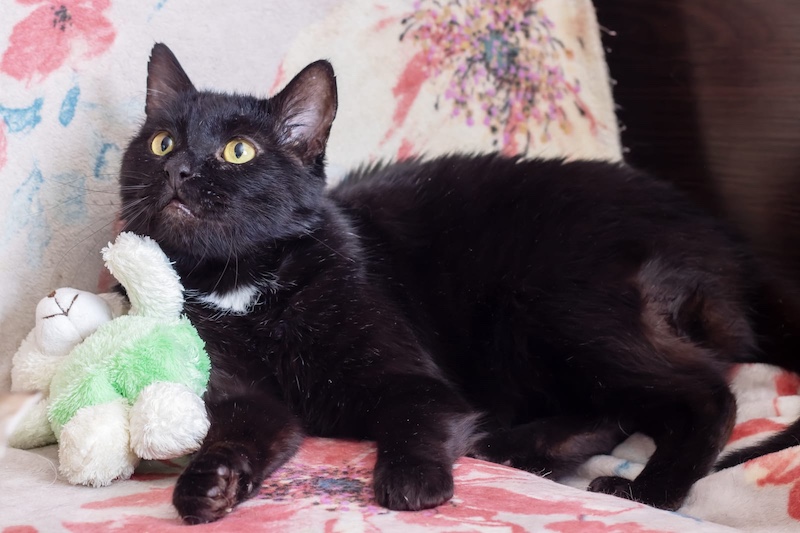
In contrast to the negative connotations in some parts of the world, black cats are considered good luck in other regions. In the United Kingdom, a black cat crossing your path is seen as a sign of good fortune. Similarly, in Japan, black cats are believed to bring good luck, particularly to single women seeking suitors.
3. The Beckoning Cat (Japan)
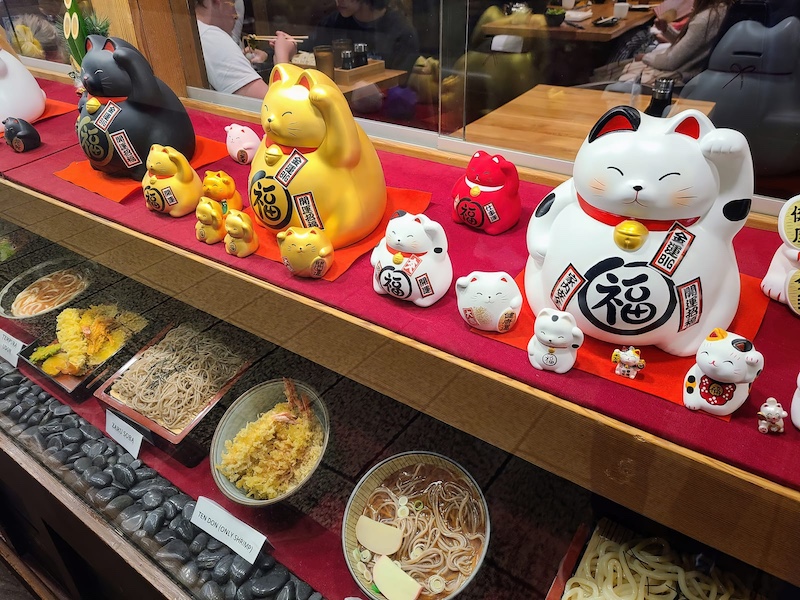
The Maneki-neko, or “beckoning cat,” is a popular talisman in Japan believed to bring good luck and fortune to its owner. The cat is typically depicted with one paw raised, beckoning customers into shops and bringing prosperity to businesses. This superstition dates back to the Edo period, with various legends explaining the origins of the Maneki-neko.
4. Cats and Weather Prediction (Various Cultures)
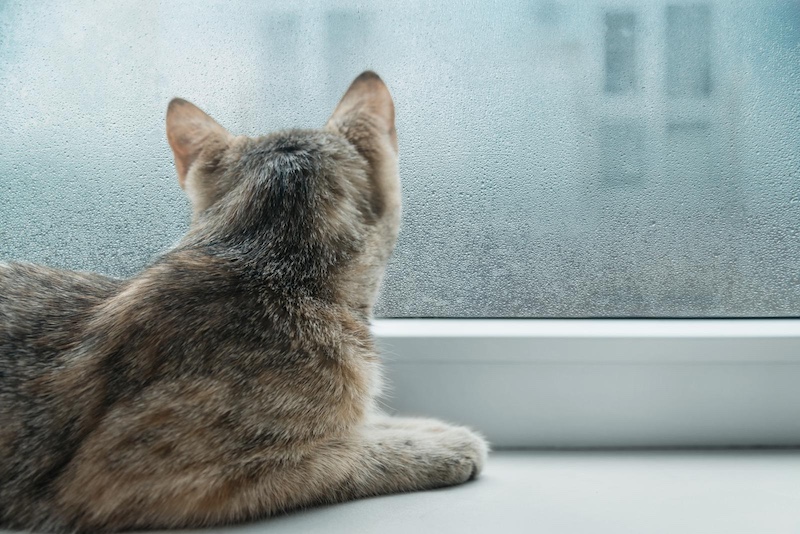
In several cultures, cats are believed to have the ability to predict the weather. In maritime traditions, sailors often brought cats aboard ships, believing that a cat’s behavior could predict storms. If a cat was playful and energetic, good weather was expected. Conversely, if a cat was restless or tried to hide, a storm was thought to be on the horizon.
5. Cats Steal Breath from Babies (England and United States)
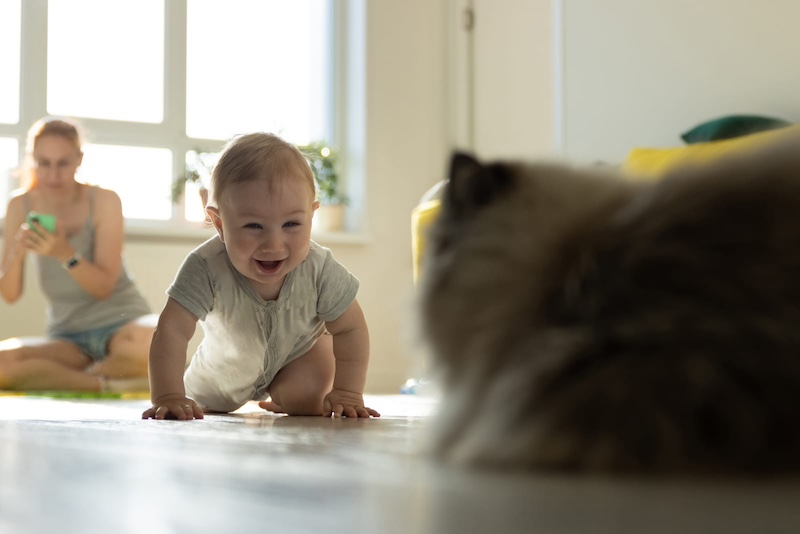
A particularly eerie superstition from England and the United States is the belief that cats can steal the breath of babies. This myth likely originated from the observation of cats sleeping close to infants, drawn by the warmth. While this superstition is unfounded, it has led to caution among some parents regarding cats and young children.
6. Cats as Guardians of the Underworld (Ancient Egypt)
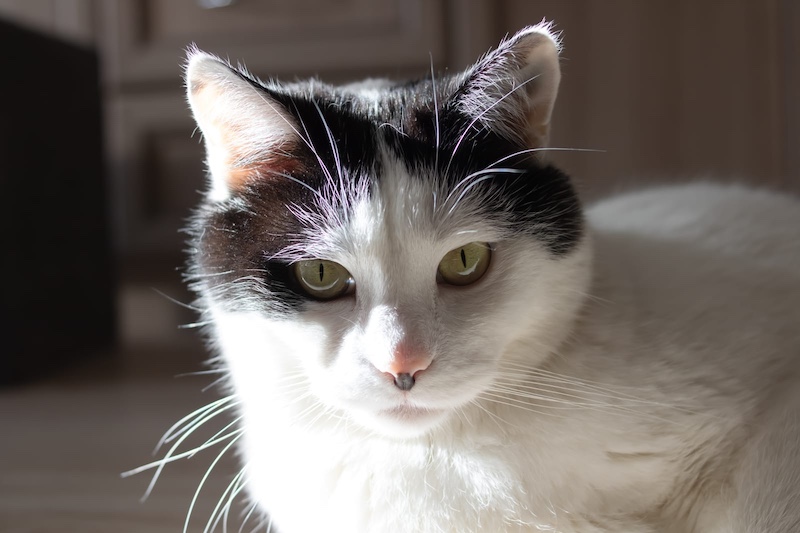
In ancient Egyptian mythology, cats were revered and considered sacred animals. The goddess Bastet, depicted with the head of a lioness or domestic cat, was associated with home, fertility, and protection. Egyptians believed that cats had protective qualities and could ward off evil spirits, serving as guardians of the underworld.
7. Cats Crossing Your Path (Various Cultures)
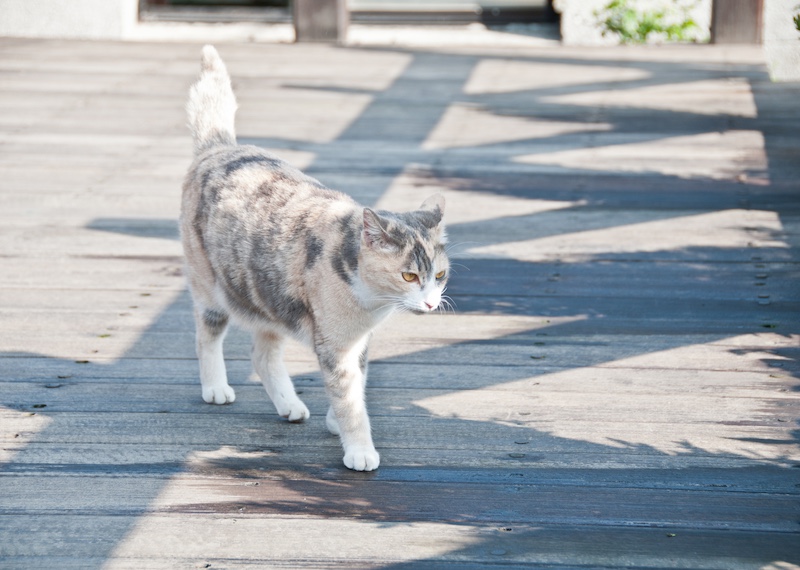
The superstition surrounding a cat crossing your path varies widely depending on the culture. In some parts of Europe, a black cat crossing your path is considered bad luck, while in Germany, it is believed to bring misfortune if the cat crosses from left to right but good luck if it crosses from right to left. In contrast, in some parts of Asia, any cat crossing your path is seen as a positive omen.
8. Cats and the Afterlife (Islamic Tradition)
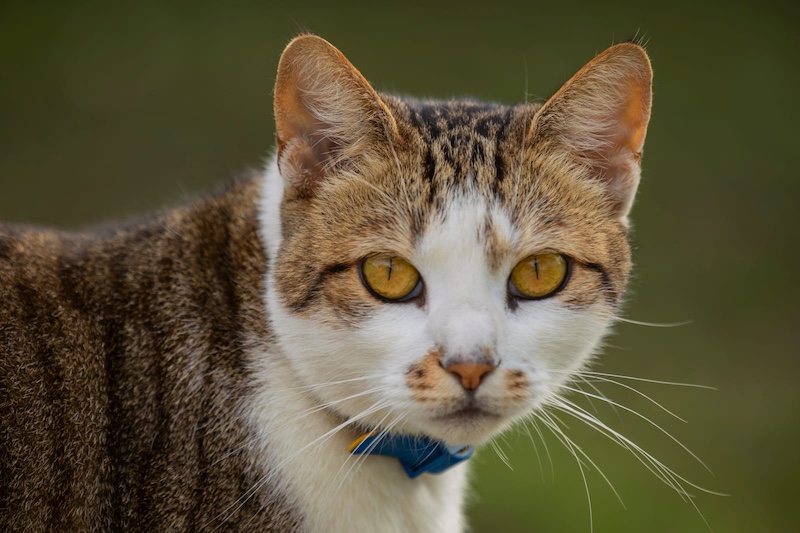
In Islamic tradition, cats are respected and often associated with cleanliness and holiness. A popular belief is that cats have a special connection to the afterlife. This stems from various hadiths (sayings of the Prophet Muhammad) that mention his fondness for cats and stories of cats being treated with kindness and respect.
9. Cats and Witchcraft (Medieval Europe)
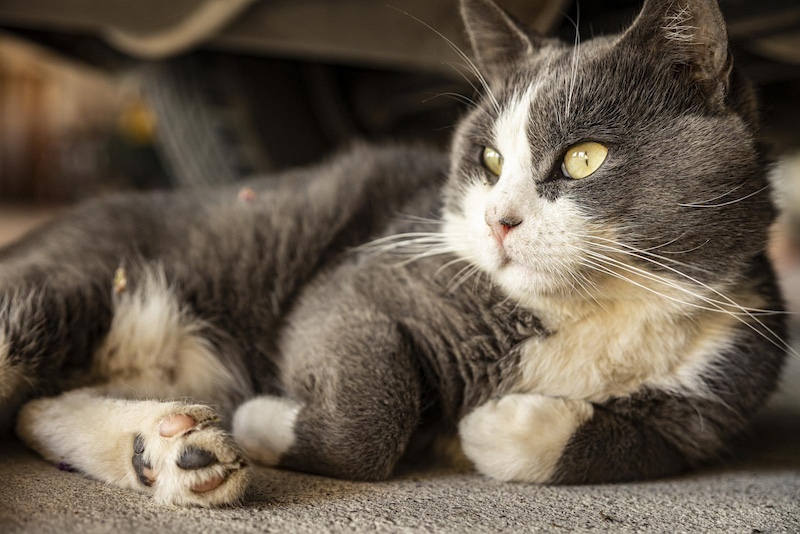
During the medieval period in Europe, cats, particularly black ones, were often linked to witchcraft. It was believed that witches could transform into cats to carry out their malevolent deeds. This superstition led to widespread fear and persecution of cats, especially during times of witch hunts.
10. Cats Bringing Prosperity (Russia)
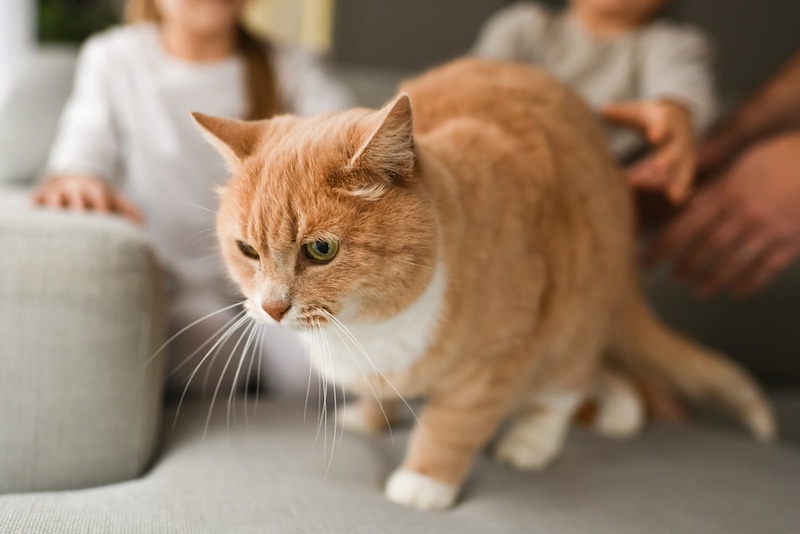
In Russia, cats are considered to bring prosperity and happiness. It is a common practice to let a cat enter a new home before the residents move in. This superstition is based on the belief that the cat will bring good fortune and ensure that the household will be filled with joy and positive energy.

